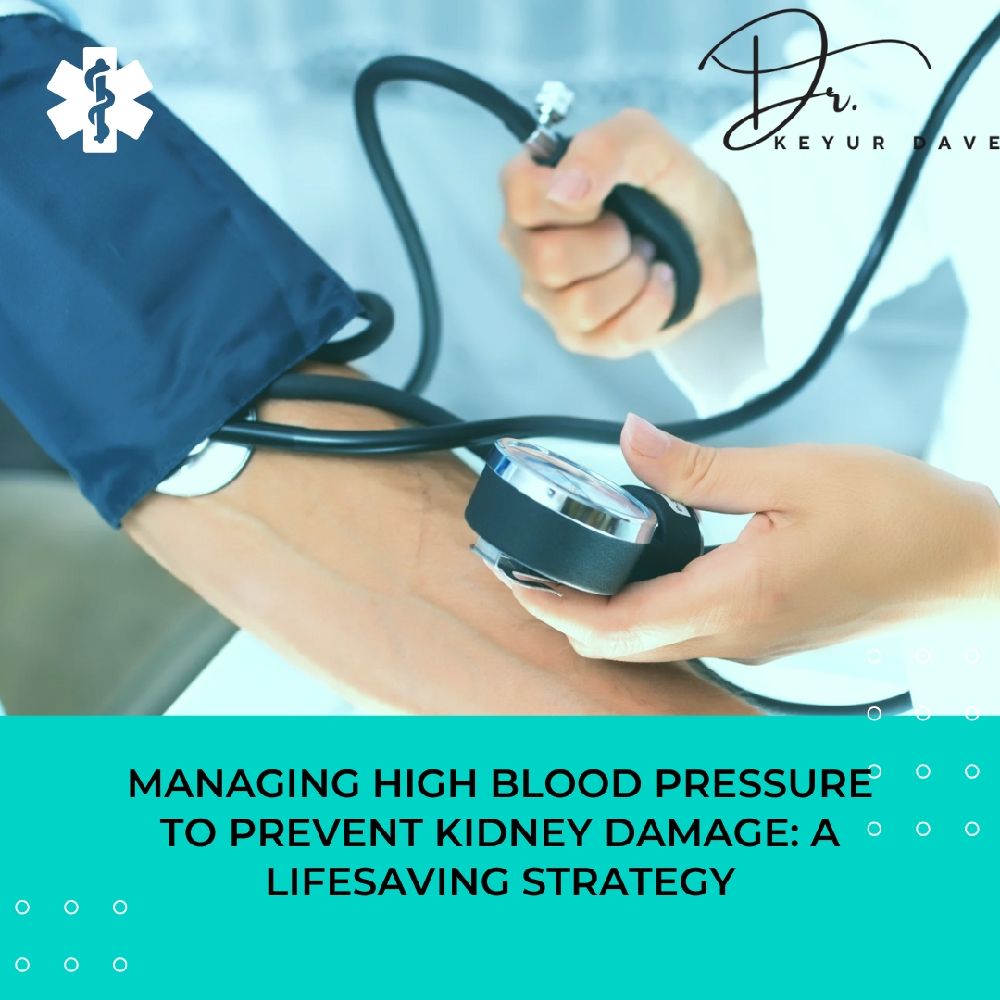 High blood pressure, or hypertension, is often called the "silent killer"—and for good reason. It can quietly damage your body for years before symptoms appear. One of the most serious complications of uncontrolled blood pressure is kidney damage, which can eventually lead to chronic kidney disease (CKD) or even kidney failure.
High blood pressure, or hypertension, is often called the "silent killer"—and for good reason. It can quietly damage your body for years before symptoms appear. One of the most serious complications of uncontrolled blood pressure is kidney damage, which can eventually lead to chronic kidney disease (CKD) or even kidney failure.
🩺 Why High Blood Pressure Harms Your Kidneys
Your kidneys are responsible for filtering waste and excess fluids from your blood. When blood pressure is too high, it puts extra strain on the tiny blood vessels (glomeruli) in the kidneys, reducing their ability to function properly. Over time, this can lead to scarring, reduced filtration, and eventually kidney failure.
🛡️ How to Protect Your Kidneys
1. Monitor Your Blood Pressure Regularly
Early detection is key. Aim to keep your blood pressure below 130/80 mm Hg, especially if you’re at risk of kidney disease.
2. Adopt a Kidney-Friendly Diet
Limit sodium, processed foods, and red meats. Focus on fruits, vegetables, whole grains, lean proteins, and foods rich in potassium and magnesium.
3. Stay Physically Active
Regular exercise helps lower blood pressure and improves circulation. Aim for at least 30 minutes of moderate activity most days of the week.
4. Limit Alcohol and Avoid Smoking
Both increase blood pressure and directly damage your kidneys.
5. Take Medications as Prescribed
If you're on blood pressure meds like ACE inhibitors or ARBs, don’t skip doses. These drugs also offer kidney-protective benefits.
6. Manage Underlying Conditions
Diabetes and heart disease often go hand-in-hand with hypertension. Keeping them in check helps safeguard your kidneys.
🧬 Know Your Risk
Those with a family history of kidney disease, people over age 60, African Americans, and individuals with diabetes are at higher risk of hypertension-related kidney damage. Regular checkups and blood/urine tests are crucial.
✅ The Bottom Line
Managing high blood pressure isn't just about preventing heart attacks or strokes—it's also about protecting your kidneys. With the right lifestyle changes, regular monitoring, and medical support, you can significantly reduce your risk of kidney damage and live a healthier life.

.png)